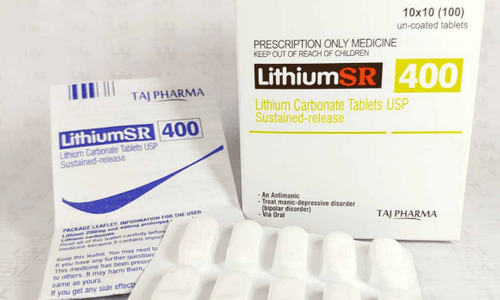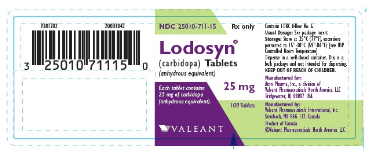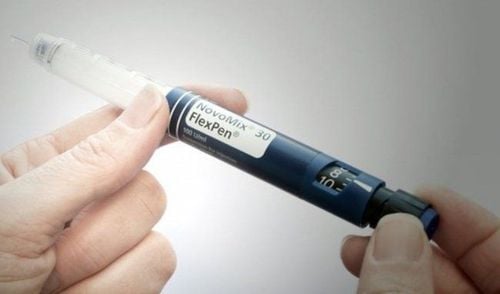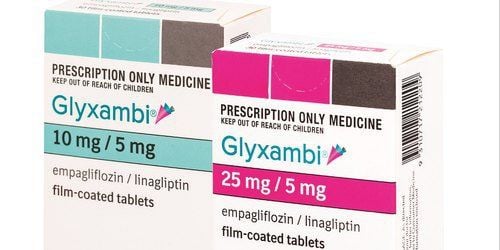This is an automatically translated article.
Transient loss of consciousness is defined as a brief period of being unresponsive to one's surroundings. Transient loss of consciousness can occur for a variety of reasons. Let's learn about the loss of consciousness and how to overcome it through the article below.
There are many people who have a transient absence of consciousness without being able to remember what happened before after waking up. Some people see a wound on their body from a fall or wake up from the ground, but they have no memory of it. This causes many people with the condition to feel anxious and confused about the period of absence. Here are the common causes of this condition:
1. Absence epilepsy
Absence epilepsy is a condition in which a seizure occurs but affects consciousness only for a very short period and comes on suddenly. Absence seizures most commonly occur in children, manifesting as the patient staring into space for a few seconds, stopping and then returning to normal activities. There are many patients who can have this absence seizure hundreds of times per day, this has a great impact on the ability to absorb and learn, not only that, the risk of drowning is recognized in the elderly. The child has had an absence seizure that is higher than normal and affects the use of vehicles.
The cause of this condition is still not really clear. It can be triggered by many factors such as flashing lights...
Most cases of absence epilepsy will go away as the child gets older. However, in cases where it occurs continuously, there are abnormal behaviors that may occur when having the disease, it is necessary to be examined, monitored and have appropriate drug treatment measures.
2. Hypoglycemia
Blood sugar in the body is always maintained at a certain level. To help the body use energy in daily activities. However, when blood sugar in the body is lower than 3 mmol/l, it can cause symptoms such as sweating, tremors, hunger pangs, tachycardia, loss of motor function, fainting...
Hypoglycemia Common in people with diabetes who use insulin or sulfonylurea drugs improperly. It can also be seen in people who do not provide enough carbohydrates for the body, too hungry.
Usually, the loss of consciousness caused by hypoglycaemia is fully reversible when the necessary amount of sugar is given to the body and the diagnosis is confirmed by measuring the capillary blood sugar.
Sometimes, if not treated early, hypoglycemia can be life-threatening. Therefore, it is necessary to note the appropriate dosage for diabetics, to prevent the risk of hypoglycemia.

Cơn mất ý thức thoáng qua có thể do hạ đường huyết gây ra
3. Cardiovascular disease
People with cardiovascular diseases such as valvular disease, cardiomyopathy, coronary artery disease or myocardial conduction disease can cause transient loss of consciousness. Partial identification of a transient loss of consciousness due to cardiovascular disease is that patients often experience this condition during exertion, accompanied by signs of shortness of breath, chest pain, fatigue, cyanosis...
This is an important thing to rule out in people with transient loss of consciousness. Need to test to exclude, one can conduct by echocardiography, electrocardiogram...
4. Fainting
Syncope is a transient loss of consciousness that can be caused by many causes such as strong emotions, standing for a long time, especially if the ambient temperature is too hot, the patient is in too much pain. Before fainting, the patient feels dizzy, nervous, tired, chest pain, shortness of breath, lightheadedness... Then the patient can recover very quickly. But syncope can recur under favorable conditions, and injury can sometimes occur if the person is in dangerous places.
Prevent fainting by creating suitable working conditions, avoiding too high or low ambient temperature, rehydrating if the ambient temperature is high, controlling emotions well...
5. Hyperventilation crisis
Episodes of hyperventilation often occur in a state of stress, shortness of breath can cause dizziness and even cause disorientation or transient loss of consciousness. Patients with this condition may experience chest pain, shortness of breath, blurred vision, paresthesias such as numbness, cramps and fatigue...6. Silent crying in children
These silent cries usually appear in children under 6 years of age. These apneas often appear when the child is angry or unresponsive to demands, leading to crying and agitation. This child may be crying and appear to stop breathing, have cyanosis and flaccid skin, call questions unresponsive, sometimes with tremors, and present with mild convulsions.
Unresponsiveness to surroundings may last several minutes. This apnea in children can be accompanied by head or body trauma from a fall.
This is a result of brain hypoxia but quickly recovers. It sounds very serious, but most cases recover and leave no sequelae.

Cơn khóc lặng ở trẻ em có thể khiến trẻ bị mất ý thức tạm thời
7. Migraine headaches
Migraine headaches are pain caused by blood vessels in the brain. A transient absence of consciousness may occur during a migraine, especially in bilateral cases, especially when the pain is often accompanied by vomiting, sensitivity to light.
Many migraine triggers have been identified including alcohol consumption, skipping meals, strong odors, change in weather, menstrual related...
Migraine headaches can be treated with medication temporary or prophylactic pain relief if chronic pain and combined with measures to avoid the stimulus causing the pain.
8. Transient ischemic attack
This is a neurological deficit that occurs suddenly, usually recovers completely in 1 hour and leaves no sequelae of vascular causes. Symptoms may include numbness, paresthesia, transient loss of vision in one eye, and very rarely, loss of consciousness. This condition occurs in people who are at risk for diseases affecting blood vessels such as alcoholism, diabetes, atherosclerosis...
It is necessary to watch out for the real risk of brain infarction in people with money history of transient ischemic attack.
In general, there are many causes and factors that contribute to transient loss of consciousness. Dangerous causes such as cardiovascular disease should always be ruled out when the patient has this condition continuously, especially during exertion... Patients need periodic health check-ups to early detect the risk of disease. and get timely treatment.
Vinmec International General Hospital is the address for examination, treatment and prevention of diseases, including Neurology. When performing the examination process at Vinmec, customers will be welcomed and used modern facilities and equipment along with perfect medical services under the guidance and advice of experts. Good doctors, well-trained both at home and abroad. Therefore, when there are signs of transient loss of consciousness, you can go to Vinmec for examination and treatment.
Please dial HOTLINE for more information or register for an appointment HERE. Download MyVinmec app to make appointments faster and to manage your bookings easily.













